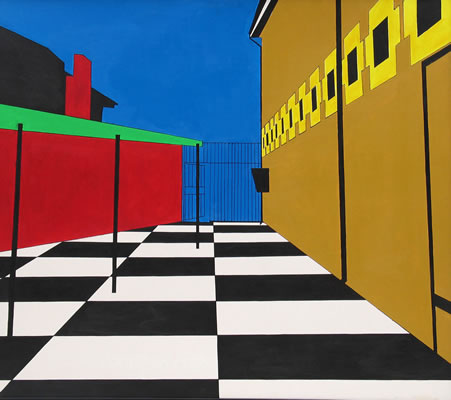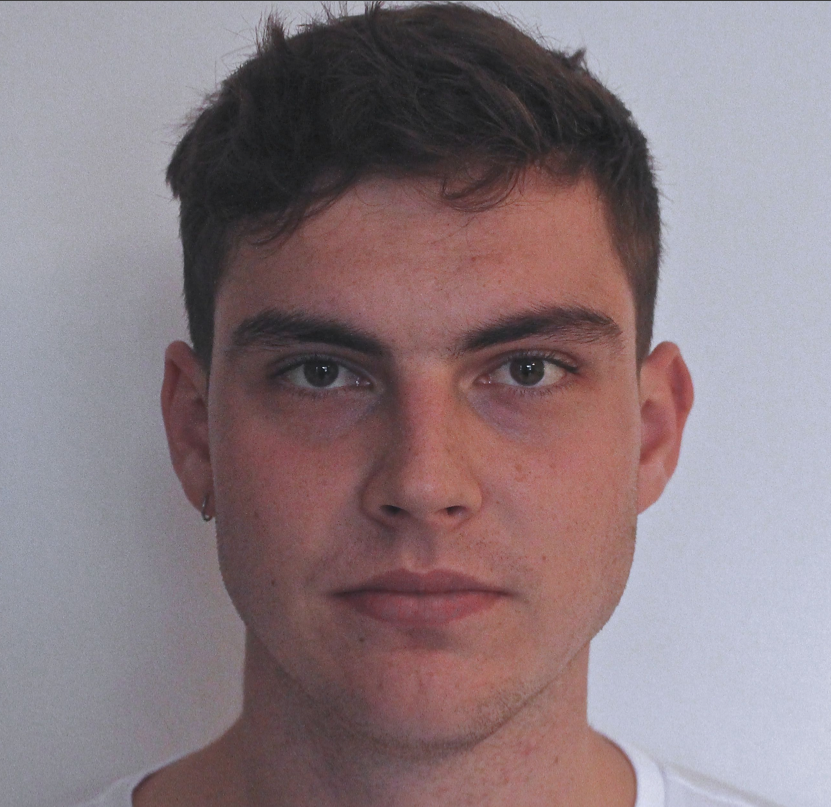Rape case collapses two weeks before trial as new digital evidence discovered
A rape case set to be heard imminently has collapsed due to undisclosed digital evidence for the third time within the space of a month.
Samson Makele was arrested 17 months ago and charged with rape in July 2017. However, at Snaresbrook Crown Court yesterday the Crown Prosecution Service (CPS) offered no evidence after the defence found images that contradicted the prosecution’s case on the defendant’s phone.
In late December, two rape cases collapsed owing to similar failures of disclosure by the police and prosecution. This most recent case comes after a review into 30 cases of rape and sexual assault was ordered following the collapsed cases of Liam Allen and Isaac Itiary.
Makele, 28-years-old, was accused of raping a woman in August 2016 after attending Notting Hill Carnival. He had consistently denied the charge against him, maintaining that sex had been consensual.
The Metropolitan Police had previously examined Makele’s phone, but said that these images were not found. The images showed the couple, apparently naked, in bed together, supporting the defendant’s account of consensual sex.
Makele’s solicitor Paris Theodorou of Hodges Jones & Allen commissioned his own technical expert to re-examine the phone after repeatedly being told by the CPS that text messages sent between the complainant and defendant were the only pieces of evidence found. It was following this that the images were discovered and sent to the CPS.
A spokesperson for the CPS explained that they had received the previously undisclosed evidence. ‘The case was reviewed and it was concluded there was no longer a realistic prospect of conviction. We made the decision to offer no evidence and did so at a hearing today’.
Harriet Johnson of Doughty Street, Makele’s barrister, said ‘had we not been able to recover these images ourselves, there is every chance Makele could have been wrongly convicted. The prosecution are under a duty to investigate all avenues that could potentially prove the defendant’s innocence, as well as his / her guilt – yet cases like this make it clear that that is not being done.’
Paris Theodorou complained of the ’18 months of hell’ that his client had experienced. Mr Makele himself said: ‘I cannot sleep. I can’t go anywhere, even for a day.’
The defence had to apply for prior permission from the Legal Aid Agency to commission the re-examination of Makele’s phone, a spend of £1,300 plus VAT.
This case adds to the already increased concern over disclosure of digital evidence that may assist a defendant’s case. Scotland Yard had denied that the metropolitan police faced systemic failures in the disclosure of evidence. Commander Smith, who is tasked with overseeing rape investigations for the Met, added that he did not believe the recent collapsed cases meant others already convicted would have grounds for appeal.
Last month, however, the shadow attorney general Shami Chakrabarti blamed under-funding in an increasingly complex and ‘labour-intensive’ field for the collapsed cases.
Harriet Johnson also believed that this new failure represented a wider issue: ‘Unless the disclosure regime is seriously overhauled I have no doubt that there will be miscarriages of justice.’
First published January 17, 2018







